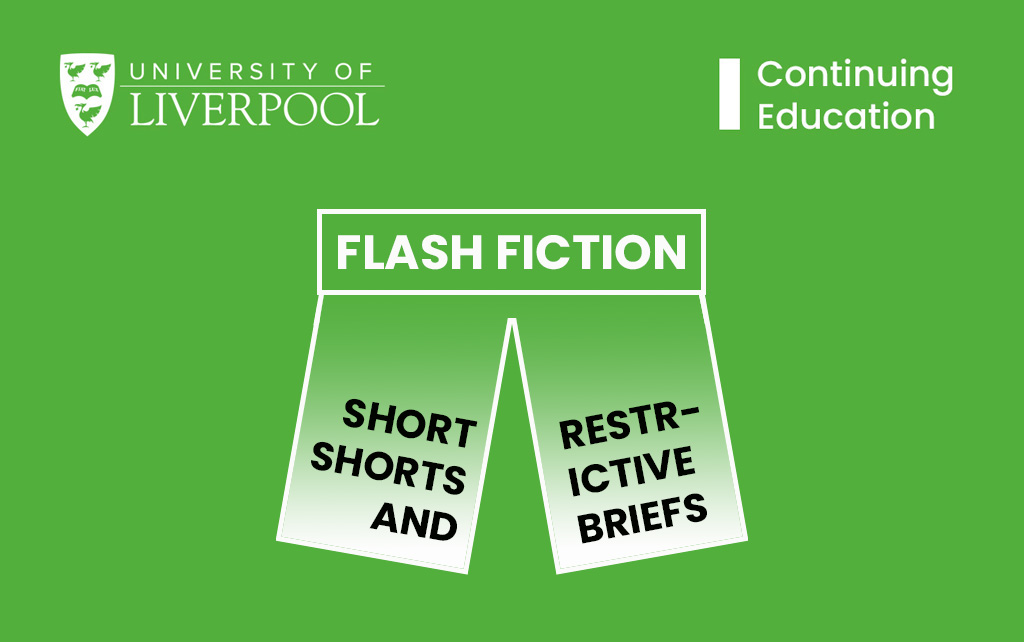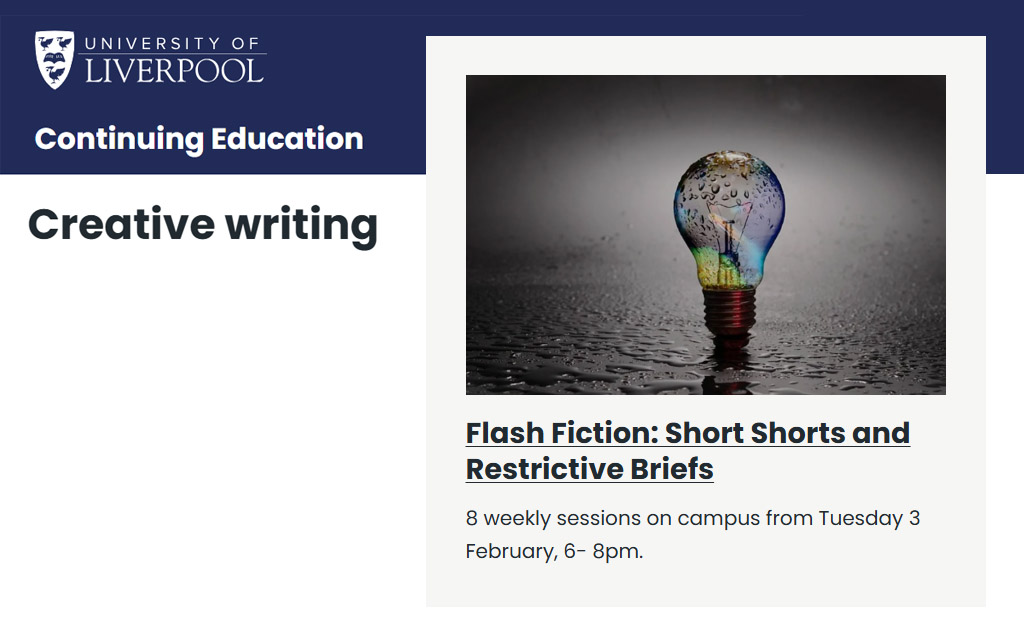
Feedback from 2025 course students
“Fantastic course, Phil! You know what it’s about, engaging students…” – Waltraud
~
“Thanks for delivering the course – I really enjoyed it. And it finally gave me the confidence to put pen to paper!” – Eve
~
“I’d like to say thank you to you for creating such an inspiring and comfortable space in which we could all contribute and interact. I really enjoyed it and learnt so much.” – Elaine
~
“Thanks very much for the course. I really enjoyed it. It came at a busy time for me so I didn’t get to do a lot outside of class, but I’ve taken a lot from it and will hopefully put it into practice soon!” – Sam
~
“I enjoyed it. Thanks for a great course.” – Mark
~
“The course was brilliant thanks, and thanks for tolerating my enthusiasm. I am slowly gathering my shorts/flashes together to see what’s next.” – Peter
~
“Thanks a lot for giving me the confidence! I think it’d be great to stay in touch, and have other people to share work with” – Josh
~
“Just wanted to say thank you for a great course. Kat and I got a lot out of it.” – Col
Course details
Please find all the information below about the Flash Fiction: Short Shorts and Restrictive Briefs evening course, including weekly themes and how to book.
This course first ran in 2025. Flash Fiction: Short Shorts and Restrictive Briefs will take place in Hub 502 – Teaching Room 4.
This eight-week Flash Fiction evening course runs from 6-8pm on Tuesday evenings from 3 Feb to 31 March 2026. There will be a one-week break half-way through the course (on Tue 3 March).
The emphasis of this short course will be on working within restrictions to bring about creative solutions and original story ideas. No more staring at a blank page! With word limits imposed, subjects pulled from a hat, locations locked in, or random obstacles thrown at your characters, your creativity can thrive when solving problems.
If a short story or piece of flash fiction has a limited number of words to play with, how do you decide what to leave out? How much can you cut back on while still having it make sense? Using a series of prompts and writing exercises can help take your short fiction pieces in unexpected directions. Some prompts will act as a brief or a starting point for a new story, while others might be useful in disrupting or shaking-up an existing story draft that has lost energy.
This course aims to provide participants with a grasp of what makes a good short story (or very short story). It will cover universal story elements (character, dialogue, structure etc) as well as aspects and techniques that work particularly well with short fiction.
Participants will develop their ability to read as writers and to give constructive feedback. They will also feel equipped to edit and redraft their fiction and able to spark life into stories. By the end of the course they will feel tuned into the world of short fiction and be aware of various literary magazines and competitions to submit stories to.
No prior creative writing knowledge or experience is required. Those dipping a toe in for the first time will be guided through the basics, while those who have previous experience in writing flash fiction and short stories will get to develop their fiction, taking inspiration from the prompts and writing exercises. A willingness to share work as well as to give and receive feedback with other writers in the group will ensure participants get the most out of the course.
Tue 3 Feb 2025 (Week 1) – STORY TYPES (epical, lyrical, absurd) & STRUCTURE (introductions, interruptions, endings) + discovering if you are a gardener or an architect (seeing how your seed of an idea grows as you write vs plotting out your story before beginning any creative writing).
Tue 10 Feb 2025 (Week 2) – CHARACTER BUILDING (protagonists with their motivations and flaws; antagonists with their reasons and redeeming features)
Tue 17 Feb 2025 (Week 3) – DIALOGUE & VOICE (eavesdropping and making it sound authentic, tagging with action, avoiding exposition)
Tue 24 Feb 2025 (Week 4) – NARRATION and POV (Point of View) (who is telling this story and why? Are we getting a limited or unreliable perspective? Is it taking place now, or being reflected on?)
(Tue 3 March 2025 is a break week – no class)
Tue 10 March (Week 5) –DESCRIPTIVE PROSE (adding detail while keeping things moving), WORLD-BUILDING & LOCATION (conjuring a sense of place whether real or imagined)
Tue 17 March 2025 (Week 6) –GENRE & AUDIENCE (does your reader know what to expect?)
Tue 24 March 2025 (Week 7) –LINKED STORIES & RECURRING THEMES (short story collections and anthologies that share characters, locations or themes) + looking at the Novella-in-Flash and stories told in unusual formats e.g. lists.
Tue 31 March 2025 (Week 8) – EDITING, REDRAFTING & FEEDBACK (sharpening stories while retaining the excitement of that original idea) + SUBMITTING (looking at where to submit short stories and flash fiction pieces – from competitions to literary journals)
Phil Olsen is a short story writer with a Creative Writing MA from the University of Manchester’s Centre for New Writing. In 2023 he ran the Flashback Canning Dock flash fiction competition with Writing on the Wall and National Museums Liverpool, delivering workshops across Merseyside libraries. Winner of the University of Liverpool’s Short Story Competition in 2022, he has previously won the Northern Short Story Festival Flash Fiction Slam, as well as WoWFest and Book Week Scotland flash fiction competitions. Phil’s short fiction has been published by Ad Hoc Fiction, Cōnfingō, The Liminal Residency, Storgy and Strix. He was commissioned by the Science Museum as a writer for ‘Journey Through Objects with Bedwyr Williams’ and by Manchester’s Victoria Baths for its Arts Council-funded ‘Weekend of Words.’ Phil’s editorial roles include Fiction Editor at Sabotage Reviews and Contributing Editor at Vestal Review.
Courses fees: Full fee £125 / Concession £65.
Please note that the ‘last date available to book’ date is only a guide. We reserve the right to close bookings earlier if courses are over- or under-subscribed. In order to avoid disappointment, please be sure enrol as soon as possible. Registrations will not be processed until the following day if received after 3pm.
Enrol via the University of Liverpool Continuing Education website.
Visit the University of Liverpool’s Continuing Education web pages for upcoming Creative Writing courses.

